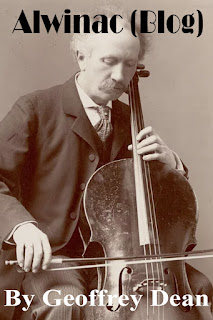 By Moristotle
[This spot was originally occupied by a premature “Goines On” piece, “What about This Thing />called ‘Having a Thing’? (a sestina).” I realized a day or two later that it was far from ready – so far from ready that I felt ashamed to have posted it…so, I unpublished it and let the spot remain open for a couple of days. Today’s repeat of a 14-year-old post is offered in recompense.
By Moristotle
[This spot was originally occupied by a premature “Goines On” piece, “What about This Thing />called ‘Having a Thing’? (a sestina).” I realized a day or two later that it was far from ready – so far from ready that I felt ashamed to have posted it…so, I unpublished it and let the spot remain open for a couple of days. Today’s repeat of a 14-year-old post is offered in recompense. I will publish a better version of that sestina in a week or two. Thank you for being kind.]
I found Bertrand Russell’s History of Western Philosophy such a good read, I decided to read his Autobiography as well. I’m enjoying it even more than his history of philosophy, and there have been many, many passages I’d have liked to share, and might have shared if I hadn’t been so preoccupied lately with moving out of our house of twenty-five years. Last night, for the first time in several weeks, I felt relatively relaxed, and today I feel up to reporting the following amusing passage. Soon after World War II, when Russell was about 75 years old, and













